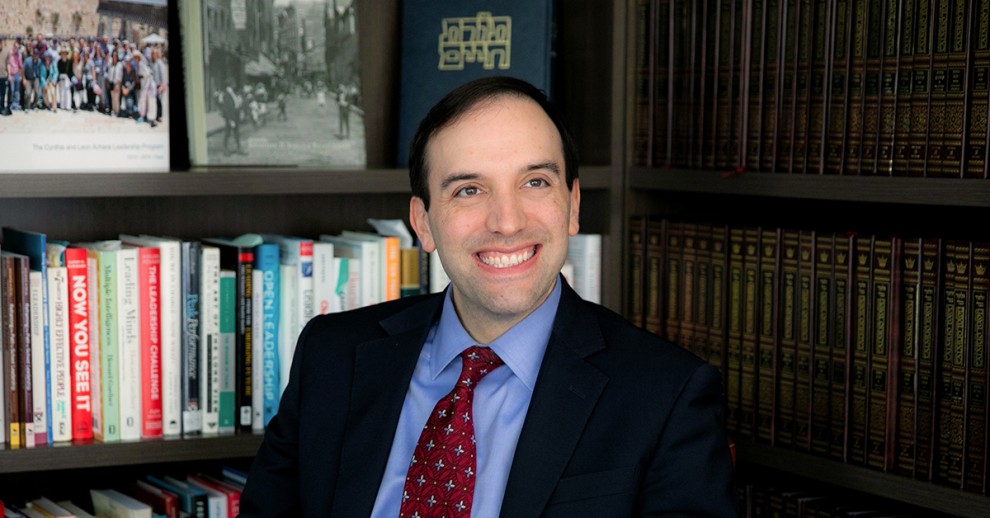
Shalom Chaverim,
One of the books I am reading this summer, or in this case re-reading, is Matterness by Allison Fine. Subtitled “Fearless Leadership for a Social World,” the book explores the nature of our highly networked, interconnected society and the implications this has for communities, organizations, and leadership.
We are living in a hyperconnected world. Yet so many people feel disconnected, lonely, and alienated from one another and from civic life. “Matterness” is a culture of voracious engagement, in which “a collective feeling of being heard and valued will generate a greater sense of civility, where individuals and their ideas and efforts matter more in the world.”
I was particularly moved by Fine’s description of “being known” as a building block for human relationships and civic life. The opposite of the anonymity that many people feel and some even seek. Fine writes:
“Being known more means stepping out into the world with our own identity, taking ownership of our opinions, and sharing what we like and dislike with others. The cumulative effect of being known is enabling others to have a fuller understanding of a person and of all the things that make her unique, interesting and passionate… when we choose to be known, we can matter more, individually and collectively. Being known is a crucial building block for civil interaction and one of the most important gifts of living in a free society.”
This quote shed light for me on one of the reasons that The 360Five listening tour was such a meaningful part of my first year at CJP. I was blown away by the number of individuals who chose to attend one of our 36 gatherings to make their voices heard and, just as importantly, to create spaces where others could do so as well.
This week, I had the privilege of spending time with an extraordinary group of leaders from across the North American Jewish community. In preparation for a brief text study that I was invited to facilitate, I discovered a beautiful commentary by Rashi, one of our best-known rabbis and Biblical interpreters. He writes about this exact same idea of “being known” almost 1,000 years ago!
Toward the end of this week’s Torah portion, there is an exchange between Moses and God about the leader who will succeed Moses — who will not enter the Land of Israel. In his rather direct request to God about the nature of the leader whom God should appoint, Moses describes God in a somewhat enigmatic way: “Let the Lord, God of the spirits of all flesh, appoint a person over this community.” (Numbers 27:16) What does this phrase mean and why does he use it in this context?
According to Rashi, Moses is appealing to one of God’s characteristics to illustrate what the Jewish people need in their next leader: “You, God, know the mind and heart of every single individual and you know that every person is unique. Appoint a leader who will seek, know, and relate to each person in their own unique way.”
This is a Jewish theology of leadership and of “matterness.” Rather than hierarchical, distant, and all-powerful, this is a description of a relational, compassionate, patient, and humane God.
Leaders who wield their power from on high, focusing on themselves and their interests rather than the people they are meant to serve, create a sense of smallness, insignificance, and anonymity. According to Moses, a leader who learns from the ultimate role model, will see, know, and value the dignity and unique voice of every human being.
That’s the kind of leadership that will shepherd the Jewish people through the next stage of their journey, and that our world so desperately needs right now.
Shabbat Shalom,
Rabbi Marc Baker

About the Author
CJP President and CEO Rabbi Marc Baker is an educator, writer, and leadership mentor who is devoting his life to Jewish learning and building Jewish communities.
